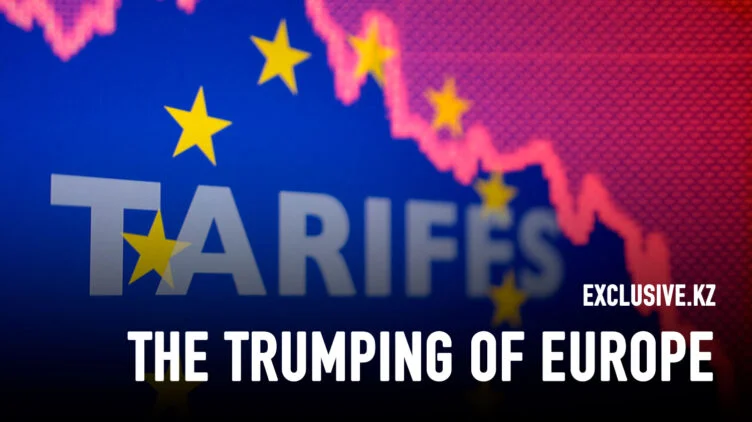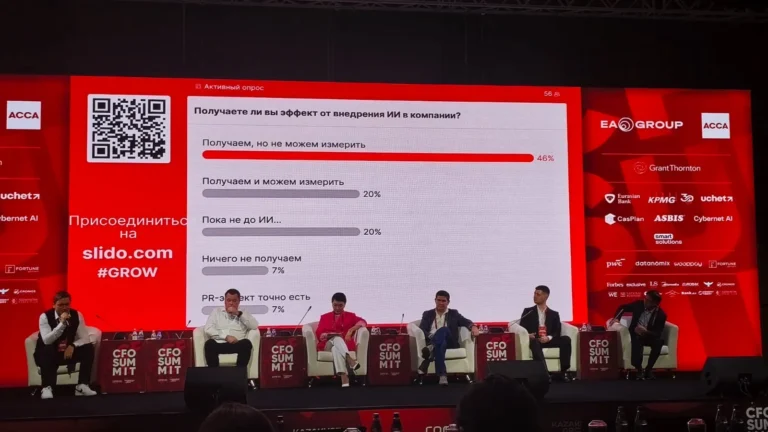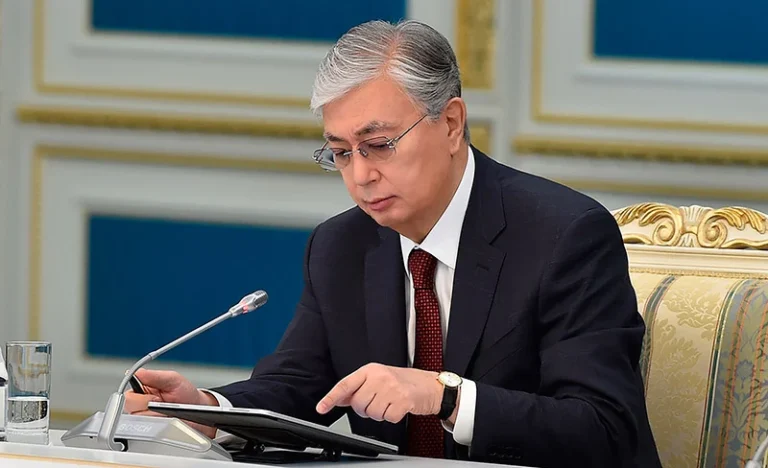The match in Scotland goes to Trump, 15 to nil

One can reproach Viktor Orbán, a friend of US President Donald Trump and Russian President Vladimir Putin, for many things. But the Hungarian prime minister is not wrong to point out that we have just witnessed Trump “eating [European Commission President] Ursula von der Leyen for breakfast.” After all, the draft trade agreement the European Union has now concluded with the United States sets a 15% tariff on most European exports to the US, against a 0% tariff on US exports to Europe. Clearly, the match goes to Trump, 15 to nil.
This glaring asymmetry is a far cry from what Europe was demanding – namely, near-zero tariffs on both sides. And making matters worse, the framework also envisions $750 billion in forced purchases of US energy, $600 billion of European investment in the US, and additional orders of US-made military hardware.
Of course, the EU can argue that 15% is much lower than the 30% tariff that Trump initially demanded. Moreover, the energy and investment commitments are still only vague promises, since neither the European Commission nor EU member states can tell European companies what to buy or where to invest. Europeans can also take some solace in the fact that a draft framework is not a signed deal. Many details are still to be determined, and these will be of little interest to Trump.
Still, from his standpoint, this outcome is exceptional. Europe cannot possibly claim to have “won.” At best, it managed to limit the damage. Von der Leyen arrived in Scotland weak and anxious; she left even weaker, but relieved.

The EU could have done otherwise, because it is no economic or political dwarf. It is one of the world’s leading trading powers and America’s own top trade partner and leading supplier. Some 20% of America’s imports come from Europe, which is roughly equivalent to its share of imports from China. Moreover, these trade flows touch all areas of American economic activity. Contrary to what some of Trump’s sneering followers might think, imports from Europe are not confined to luxury goods and wine. US manufacturing, for example, is much more dependent on Europe’s manufacturing sector than the other way around.
Europe had plenty of cards to play, and it could have strengthened its hand further by coordinating its position with the two other G7 countries facing US bullying: Japan and Canada. Nor did the EU’s options stop there. Another formidable card is the Anti-Coercion Instrument (ACI), which is designed for situations where “a third country would seek to exert pressure on the European Union or on one of its member states to take specific measures that would affect trade and investment.” That is precisely what has been happening.
But from the outset, von der Leyen ignored the advice of Commission experts and refused to invoke the ACI even as a form of deterrence. Had she done so, the US would not have taken the threat lightly, considering that it is also engaged in a costly trade war with China. Unlike Europe, China has responded to each American escalation with a counter-escalation, resulting in a situation that Trump’s own secretary of the treasury has described as “unsustainable.” Under pressure from the markets, Trump has already backed down from his earlier position, as von der Leyen well knows.
But Europe never even tried to achieve a balance of power in dealing with Trump. If it had shown a willingness to risk further escalation when China was doing the same, Trump would have been in a much weaker position. Far from behaving like China, though, Europe behaved like Japan, another major trading partner that depends on America for its security.
The resulting deal is a disaster, because it confirms that the EU is ultimately driven by the fear of losing US protection in today’s dangerous geopolitical context. The implication is that any form of continued transatlantic alignment, no matter how humiliating, is preferable to an uncertain independence.
From this point of view, it would be profoundly unfair to attribute the outcome to choices von der Leyen made. She herself is constrained by two red lines: to protect Germany’s interests at all costs, and to avoid any rupture with the US. But once you are willing to achieve something “at all costs,” there is no degree of humiliation that you will not accept.
Meanwhile, most other European leaders seem overwhelmed by the current state of affairs. The complexities of today’s world seem too much for them, and so they submit to whatever is demanded. They have forgotten Benjamin Franklin’s warning that “a people willing to sacrifice a little freedom for a little security deserves neither, and ends up losing both.”
Copyright: Project Syndicate, 2025.





Все комментарии проходят предварительную модерацию редакцией и появляются не сразу.